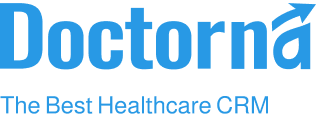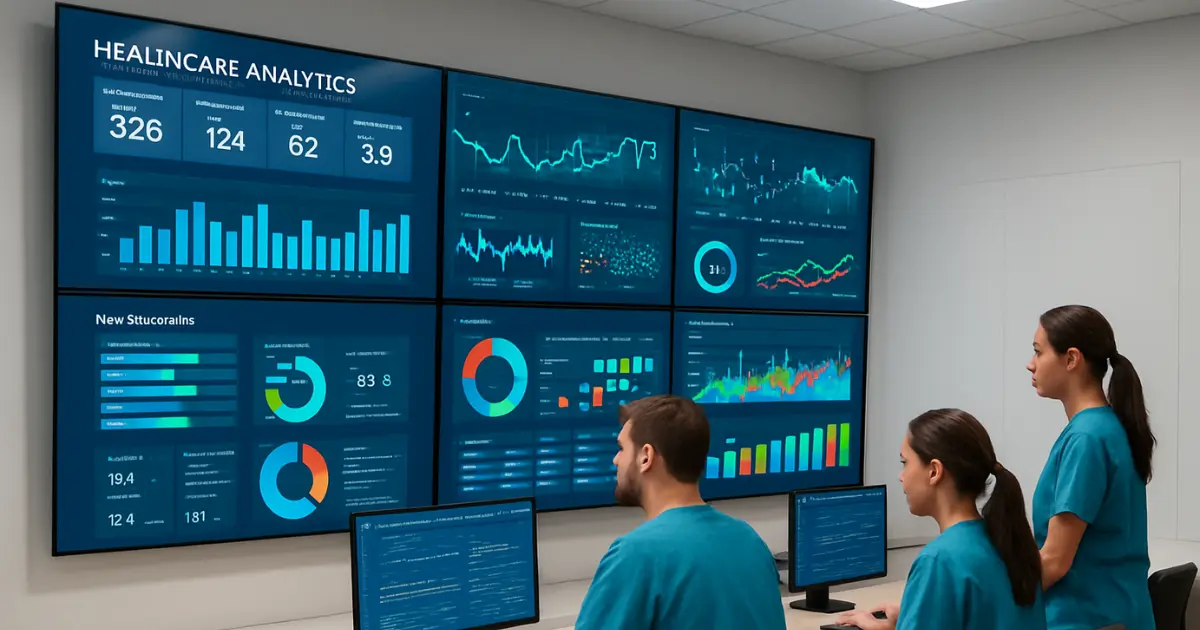A. Top 7 Problems During Implementing Healthcare CRM Systems
- Data Migration Challenges
One of the primary challenges medical professionals faces during an implementation is data migration. As healthcare facilities deal with large volumes of sensitive data, it is crucial to safely and accurately transfer these files. Any loss or corruption of data can severely impact the organization.
How to Overcome:
- Data Audit: Before implementing CRM system, conduct a thorough data audit to ensure all files are accurate and updated.
- Data Mapping: Data mapping is the process of matching data fields from one source to data fields from another source. One of the first step in data migration, data mapping ensures information from the old system is transferred accurately to the new software while maintaining its meaning.
- Test Migration: Its best to test migration with small-scale data to ensure its accurate before the complete transfer.
- Backup Plan: Always have a backup data plan in case of any mishap.
- Integration with Other Systems
Medical professionals often rely on multiple software like Electronic Health Records [EHR], billing systems, and other essential medical management tools. One of the essential steps in CRM implementation is ensuring seamless integration between these tools.
How to Overcome:
- Choose CRM with Integration Features: Select a CRM system that is developed specifically for the healthcare industry.
- Work with IT Specialists: Collaborate with IT professionals to ensure accurate integration.
- Phased Integration: It is best to integrate systems in phases. This rolled-approach allows for troubleshooting without overwhelming the software.
- Staff Resistance and Training
The success of a CRM software is also heavily dependent on your team. CRM implementation requires effort from employees at all levels. Staff resistance is one of the common challenges in this process.
How to Overcome:
- Early Involvement: It is best to involve your team right from the get-go. Educate your team on CRM and its many benefits. Make them a part of the decision-making and testing phases. Getting them involved early will ensure a seamless transition.
- Comprehensive Training: Offer thorough hand-on training workshops based on their user roles. Provide detailed tutorials, manuals, and quick reference guides which they can refer back during any stage. Additionally, offer ongoing support and gather feedback from you team to identify any gaps.
- Demonstrate Value: If your team is resistant to change due to fear of complicating the process or increasing the workload, demonstrate how CRM can simplify tasks. Real-life examples on how everyday tasks can be streamlined will help shift their attitude.
- Compliance with Healthcare Regulations
Since handling sensitive information is one of the crucial responsibilities in the healthcare industry, it is no doubt that the CRM system must comply with privacy regulations laws set within the country.
How to Overcome:
- Work with Vendors Experienced in Healthcare: Choose CRM providers who are well-versed on healthcare regulations and offer compliance features in their software.
- Conduct Regular Audits: Perform regular audits to ensure the healthcare CRM system continues to meet all the privacy standards.
- Implement Role-Based Access: In order to protect sensitive data, it is best to limit access to crucial information based on their roles.
- Cost Overruns and Budget Management
Implementing a CRM system is a smart move that comes with a heavy price tag. Factors like customization, integration challenges, and training costs can lead to unplanned expenses.
How to Overcome:
- Set a Realistic Budget: From the beginning, work with your financial partners to create a comprehensive budget plan that not only includes the initial purchase and licensing, but also includes all additional costs, including implementation, integration, training, and maintenance.
- Phased Rollout: A gradual rollout allows to spread the cost over time and ensure that overruns are addressed early.
- Regular Budget Reviews: Regularly monitor expenses and analyze with your initial budget. This will allow you to address any inconsistencies quickly.
- Customization vs Standardization
As every healthcare facility is unique in its workflows and requirements, a standard CRM won’t always work. However, the challenge lies in striking a balance on customizing it according to your requirements but avoiding excessive customization, which can lead to additional costs and complexities.
How to Overcome:
- Define Core Requirements: Identify the core procedures that requires customization. Try to avoid customizing every aspect.
- Use Modular System: Opt for a CRM system that offers modular features. A modular system will allow you to add, remove, and modify components independently without overwhelming the entire system.
- Consult with the Vendor: Closely work with your CRM vendor to ensure that the software aligns with your facility’s requirements without complicating the system.
- Post Implementation Support and Maintenance
The success of a CRM system doesn’t stop at launch. It requires continuous monitoring and maintenance to ensure its efficiency.
How to Overcome:
- Ongoing Vendor Support: Choose a CRM vendor that offers ongoing support and dedicated helpdesk, especially in areas of compliance and security.
- Internal Support Team: Create an internal support team who can troubleshoot daily issues and act as a contact point between your team and vendor.
- Monitor KPIs: Monitor key performance indicators [KPIs] routinely to ensure the system performs as desired.
B. Wrapping Up
- As you can see, implementing healthcare CRM systems are no small feat. By conducting in-depth research, engaging your team, enduring compliance with healthcare regulations, and arranging ongoing support will ensure you maximize the benefits of a CRM system.
Related Reads: The Ultimate Guide to Healthcare CRM Systems in Dubai | A Step-by-Step Guide to Implementing CRM in Healthcare Industry.







